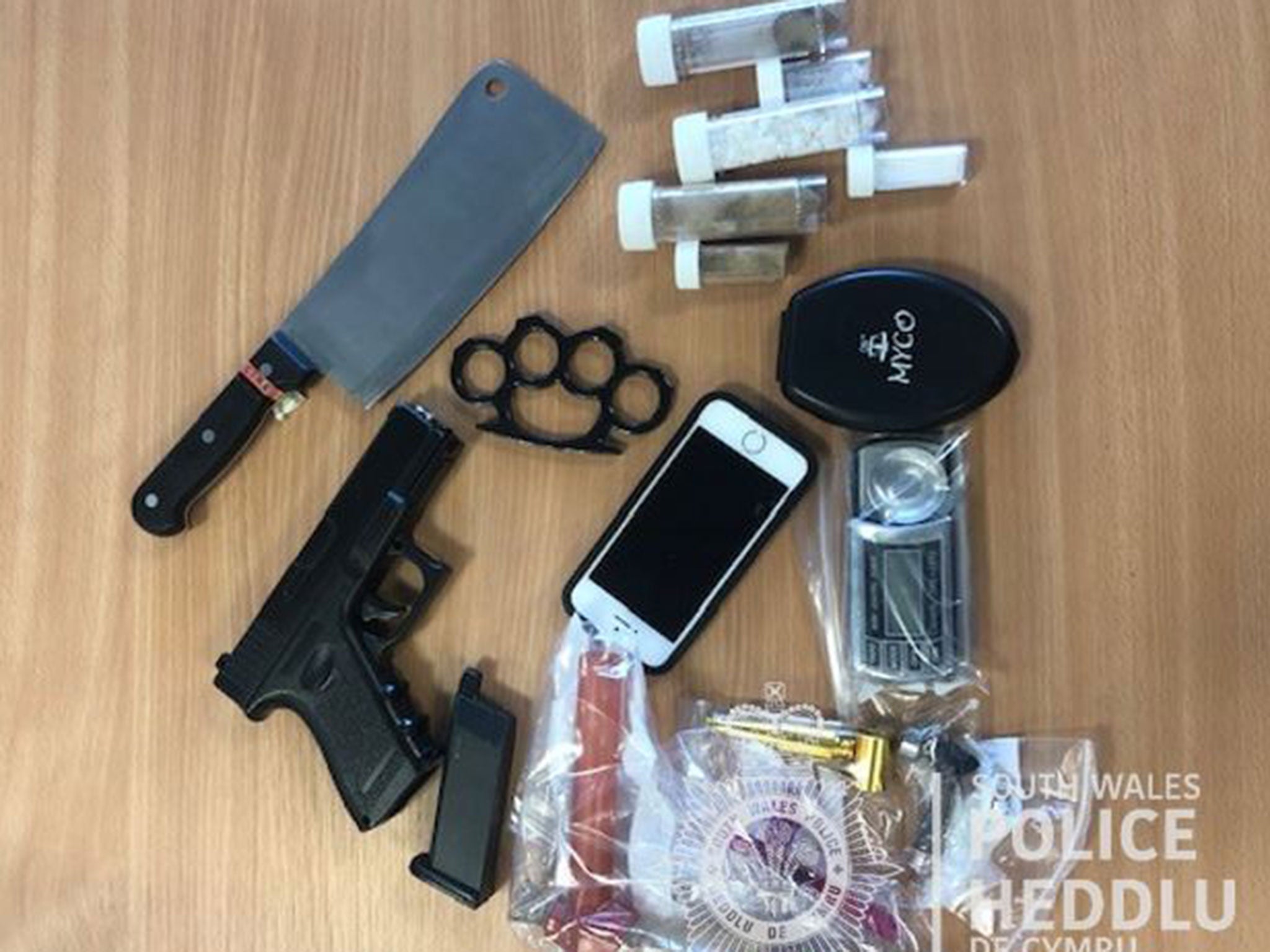Thousands of children and teenagers drawn into 'county lines' drug dealing in London
More than a third of 4,000 people involved in 'county lines' in London are children, figures show

More than 4,000 children and young people have been recruited by “county lines” drug gangs in London alone, a report has revealed.
The networks use teenagers to transport drugs and cash from the capital to regional towns, where their presence has been linked to rising stabbings and knife possession.
London is the highest “exporter” for county lines, which are named after the phone numbers set up by dealers for users to order their product.
The National Crime Agency (NCA) has uncovered more than 2,000 numbers in operation, linked to 1,000 branded lines.
The agency estimates that each line generates annual profits in excess of £800,000 by selling heroin, crack cocaine and other substances.
Analysis by the mayor of London’s office found that 4,013 people linked to county lines in London between January 2018 and April 2019.
They were involved with lines that spread across 41 counties in the UK – mostly in Norfolk, Hampshire, Essex, Sussex and the Thames Valley area.
The largest group were teenagers aged between 15 and 19 (46 per cent), followed by 20 to 25-year-olds (29 per cent), while a third were children under 18.
Within London, the boroughs home to the most people linked to county lines were Lambeth, Newham and Croydon.
Sadiq Khan said City Hall was funding a £3m “rescue and response” programme aiming to turn young people away from the brutal trade and its “devastating impact” on communities across the UK.
“County lines operate across the country, exploiting vulnerable young people and driving gang-related violence,” he added.
“We are supporting young people where we can, but we know we’re only scratching the surface of a major national issue that is driving violence in London and across the country.
“The government has finally admitted that its cuts to policing have gone too far – but it also needs to follow City Hall’s lead by being tough on the causes of crime.
“That means proper investment to help us prevent and support more young people being exploited and reversing the damaging cuts to local services, such as social services, which are at the frontline in the battle to tackle this issue.”
In its first year of its operation, 568 young people were referred to the programme, with children as young as 11 identified to have been coerced by criminal gangs.
St Giles Trust, which supports young men as part of the programme, said it is now having to put vulnerable teenagers on a waiting list.
Evan Jones, head of criminal exploitation at the charity, said: “We hope to continue this work until we have fully addressed county lines exploitation and ensured children and young people at risk are kept safe and get the futures they deserve.”
The government set up the National County Lines Coordination Centre last year to coordinate efforts against the groups, but Mr Khan said there were “significant gaps” in investment for support services.
Research suggests that young people being exploited by county lines gangs may initially refuse to engage with support services because of fear of reprisals.
The gangs use vulnerabilities including poverty, family breakdown, exclusion from school, drug addiction and learning difficulties to draw people into their trade, and keep them there with violence, threats and debt bondage.
One boy referred to the “rescue and response” programme was arrested after becoming involved in a gang, then kidnapped by the same criminals and forced to work off the debt he owed as a result.
The Abianda charity, which works with young women affected by gangs, said girls were often “overlooked and misunderstood” in relation to county lines.
It said they were being subjected to “exploitation, violence and coercion on a daily basis”.
A recent parliamentary report warned that county lines gangs were also preying on children's homes in target locations to gain new recruits.
Subscribe to Independent Premium to bookmark this article
Want to bookmark your favourite articles and stories to read or reference later? Start your Independent Premium subscription today.
